detail profile yoshiko tsubouchi
Peran Yang Di Mainkan Yoshiko Tsubouchi
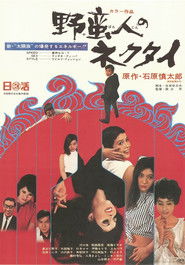 Motozo Imamura aka Gen grew up...
Motozo Imamura aka Gen grew up...Yabanjin no Nekutai 1969
Motozo Imamura, a.k.a. Gen, grew up in an upper-class family, but he never went to school and spent his days playing around. One day, he walked into an orgy of male-female sexual misconduct, and when he dropped off Roze, whom he had met there, he saw her sister, Kaoru, forgetting her impurity. One day, he went to an orgy where he met Roze, and he could not forget the purity of her older sister, Kaoru. A few days later, Gen went to the party again and was mistaken for the boss's brother.
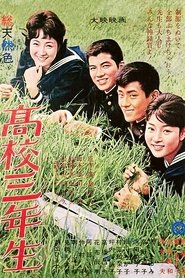 In 1963 Funaki Kazuos debut song of...
In 1963 Funaki Kazuos debut song of...High School Third Graders 1963
In 1963, Funaki Kazuo's debut song of the same name was released and then it was adapted to a movie based on Kenji Tomishima 's novel “Shake to Tomorrow” with the same title, produced by Daiei with this song as a motif. Singer and actor Funaki Kazuo also appears in the movie, which depicts the fun, love and heartbreak in a Japanese school.
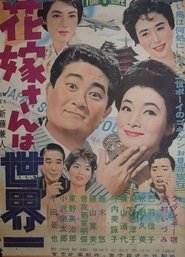 A young JapaneseAmerican comes from California...
A young JapaneseAmerican comes from California...Hanayome-san wa sekai-ichi 1959
A young Japanese-American comes from California looking for a bride, going on blind dates with three candidates from Osaka, Hiroshima and Nagoya.
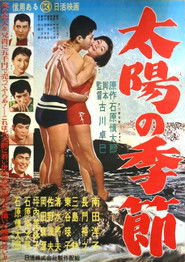 The film tells the story of...
The film tells the story of...Season of the Sun 1956
The film tells the story of a group of high school boxing team members who spend their days drinking, sailing and chasing girls, and who more often than not spend their nights getting into brawls. In particular, it focuses upon Tatsuya, a sullen young man, who falls in love with Eiko, a proud upper-class girl.
 Fumiko mother of two children and...
Fumiko mother of two children and...Forever a Woman 1955
Fumiko, mother of two children and wife of an unfaithful man, shares her family life with her budding vocation as a poet. The beginning of her successful literary career coincides with her divorce and her breast cancer diagnosis. In the last stage of her life, she meets a young journalist from Tokyo who wants to write a story on her life.
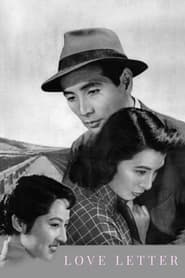 A sad and troubled man finds...
A sad and troubled man finds...Love Letter 1953
A sad and troubled man finds a new job five years after the end of WWII, where he writes love letters for other people.
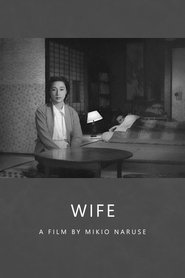 Ten years into a marriage the...
Ten years into a marriage the...Wife 1953
Ten years into a marriage, the wife is disappointed by the husband's lack of financial success, meaning she has to work and can't treat herself and the husband finds the wife slovenly and mean-spirited: she neither cooks not cleans particularly well and is generally disagreeable. In turn, he alternately ignores her and treats her as a servant. Neither is particularly happy, not helped by their unsatisfactory lodgers. The husband is easily seduced by an ex-colleague, a widow with a small child who needs some security, and considers leaving his wife.
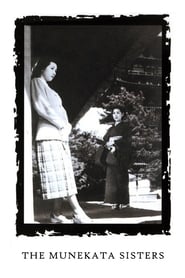 Setsuko is unhappily married to Mimura...
Setsuko is unhappily married to Mimura...The Munekata Sisters 1950
Setsuko is unhappily married to Mimura, an engineer with no job and a bad drinking habit. She had always been in love with Hiroshi but both of them failed to propose when Hiroshi left for France a few years ago. Now he is back and Mariko tries to reunite them. She too is secretly in love with Hiroshi.
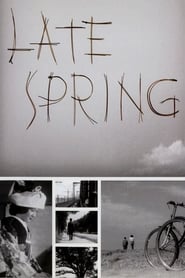 Noriko is perfectly happy living at...
Noriko is perfectly happy living at...Late Spring 1949
Noriko is perfectly happy living at home with her widowed father, Shukichi, and has no plans to marry -- that is, until her aunt Masa convinces Shukichi that unless he marries off his 27-year-old daughter soon, she will likely remain alone for the rest of her life. When Noriko resists Masa's matchmaking, Shukichi is forced to deceive his daughter and sacrifice his own happiness to do what he believes is right.
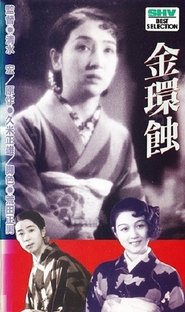 The story is centered around the...
The story is centered around the...Eclipse 1934
The story is centered around the devastating experiences of two villagers, Osaki Shuichi, and his cousin, Nishimiura Kinue, when they leave their hometown for the metropolis of Tokyo. They are in love with each other, but Kinue is expected to marry the lawyer Kanda Seiji. In consequence, Shukichi leaves for Tokyo, where he becomes tutor to the son of the rich Iwaki family. The heartbroken Kinue also makes her way to the capital, where she becomes a bar hostess.

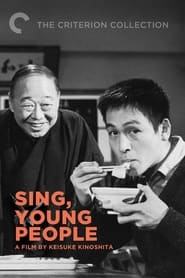 A story about four best friends...
A story about four best friends...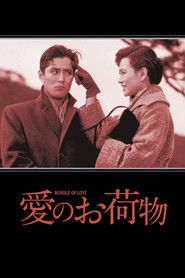 The female members of the family...
The female members of the family...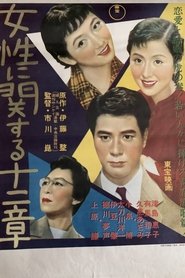 Minako a ballerina who has been...
Minako a ballerina who has been...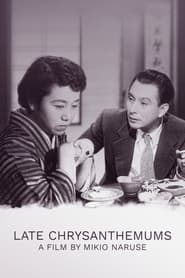 With delicate unobtrusive strokes Naruse evokes...
With delicate unobtrusive strokes Naruse evokes...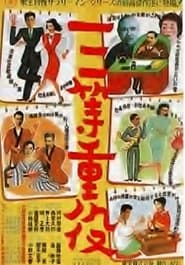 1950s Japanese comedy
1950s Japanese comedy After the death of her husband...
After the death of her husband...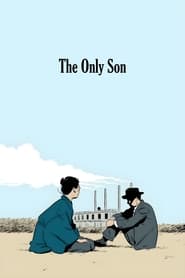 A silk factory worker is persuaded...
A silk factory worker is persuaded...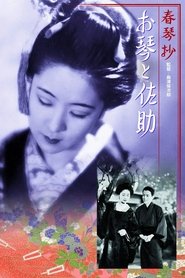 A period piece about the love...
A period piece about the love...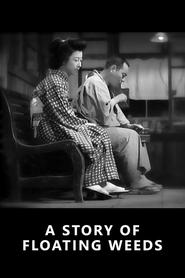 An aging actor returns to a...
An aging actor returns to a...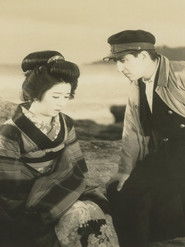 Japanese silent film
Japanese silent film